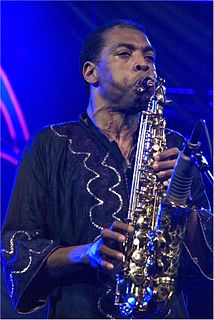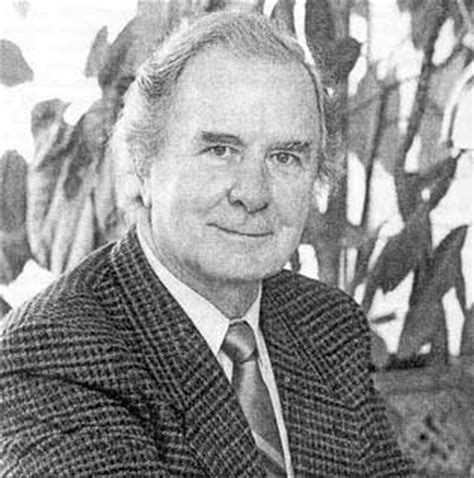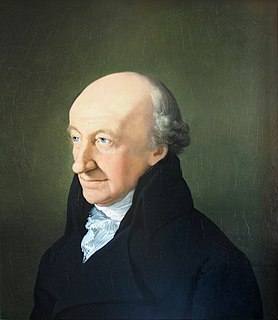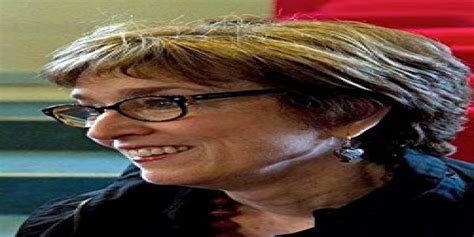A Quote by Christopher Hitchens
We have no proof that Socrates ever existed. We only know from witnesses to his life that he did. Like Jesus, he never wrote anything down. It doesn't matter to me whether he did or not exist because we have his teachings, his method of thinking, and his extreme intellectual and moral courage.
Related Quotes
Socrates was the chief saint of the Stoics throughout their history ; his attitude at the time of his trial, his refusal to escape, his calmness in the face of death , and his contention that the perpetrator of injustice injures himself more than his victim, all fitted in perfectly with Stoic teaching. So did his indifference to heat and cold, his plainness in matters of food and dress, and his complete independence of all bodily comforts.
It is history that has distorted our lives and complicated issues. The good thing is; whether we like it or not, a lot of us are still fighting. If there was no Nkrumah, there probably won't have been a Fela Anikulapo Kuti. I appreciate the fact that he stood and risked his life. I am proud of his courage, but if you asked if he was a conventional father who did homework with me and taught me music, he did nothing of this.
Kong Qiu, or Master Kong as he was known, did not live to see his days of glory. During his lifetime, his views were received with scorn. But that was about two thousand five hundred years ago. A handful of his dedicated followers passed on Confucius' teachings to future generations.
After Confucius' death, his followers published his teachings in the book, The Analects of Confucius.
No," Dimitri interrupted gently. He moved his face toward mine, our foreheads nearly touching. "It won't happen to you. You're too strong. You'll fight it, just like you did this time." "I only did because you were here." He wrapped his arms around me, and I buried my face in his chest. "I can't do it by myself," I whispered. "You can," he said. There was a tremulous note in his voice. "You're strong—you're so, so strong. It's why I love you.
His head was swimming, and he was far from certain even of the direction they had been going in when he had his fall. He guessed as well as he could, and crawled along for a good way, till suddenly his hand met what felt like a tiny ring of cold metal lying on the floor of the tunnel. It was a turning point in his career, but he did not know it. He put the ring in his pocket almost without thinking; certainly it did not seem of any particular use at the moment.
I have to ask myself how I can possibly expect to know Jesus as he would want to be known if my life remains unscathed by trouble and grief. How can I hope to grasp anything of God's heart for this broken planet if I never weep because its brokenness touches me and breaks my heart? How can I reflect his image if I never share in his sufferings? And how will any of us ever learn to treasure his hesed and grace if we never experience phases where these blessings seem absent?
Lastly came Winter cloathed all in frize, Chattering his teeth for cold that did him chill; Whilst on his hoary beard his breath did freese, And the dull drops, that from his purpled bill As from a limebeck did adown distill: In his right hand a tipped staffe he held, With which his feeble steps he stayed still; For he was faint with cold, and weak with eld; That scarce his loosed limbes he hable was to weld.
Dostoevsky wrote fiction about identity, moral value, death, will, sexual vs. spiritual love, greed, freedom, obsession, reason, faith, suicide. And he did it without ever reducing his characters to mouthpieces or his books to tracts. His concern was always what it is to be a human being—that is, how to be an actual *person*, someone whose life is informed by values and principles, instead of just an especially shrewd kind of self-preserving animal.

































